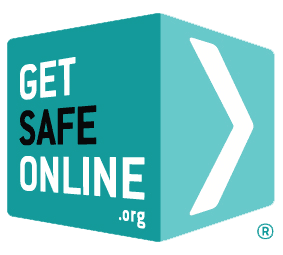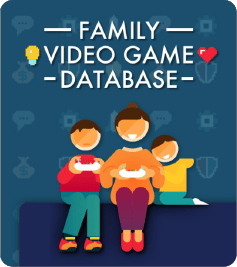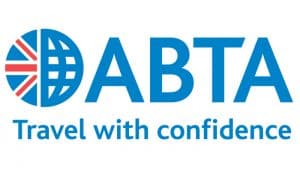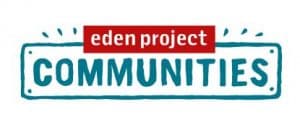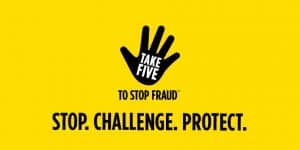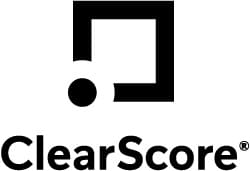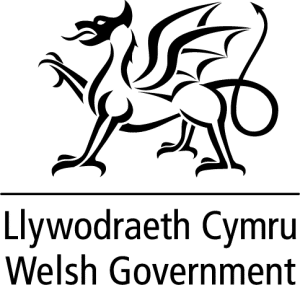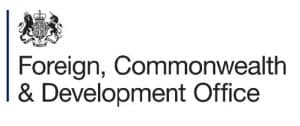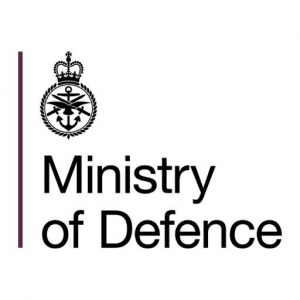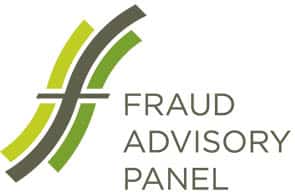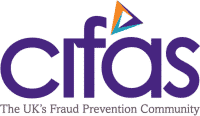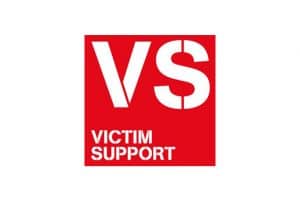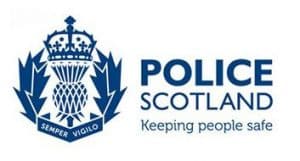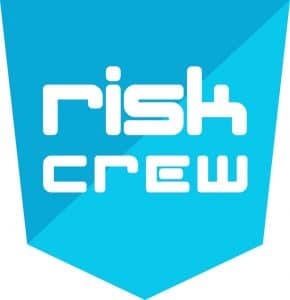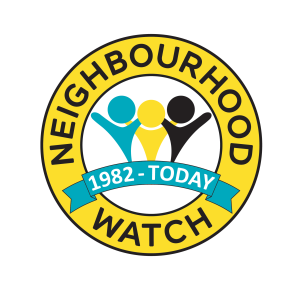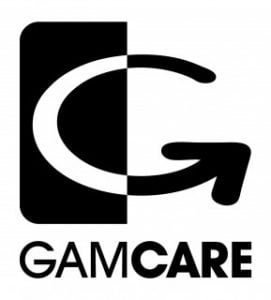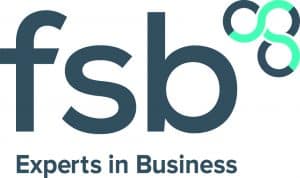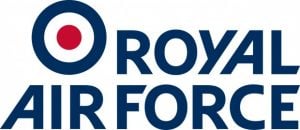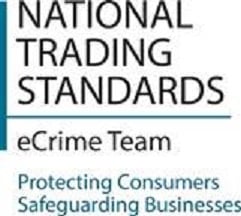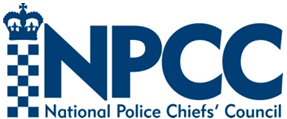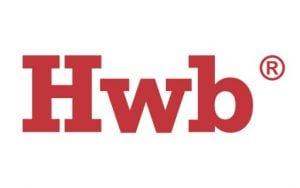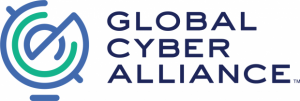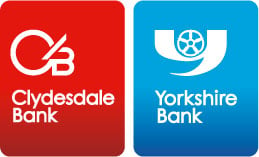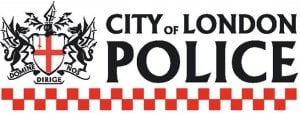Plans to automatically block internet access to pornography on all computers have been rejected by Ministers, on the grounds that the move is not widely supported. The government is instead telling internet providers to encourage parents to switch on parental controls.
35% of parents wanted an automatic bar while 15% wanted some content filtered and an option to block other material, according to the results of a public consultation to which there were more than 3,500 responses. The ten week consultation included members of the public, academics, charities, communication firms and 757 parents.
Respondents were asked to answer "yes", "no" or "maybe" to three separate questions about how internet service providers (ISPs) could play a role in limiting access. An automatic block would mean users would have to actively request that pornographic content was made available by their ISP.
There was "no great appetite among parents for the introduction of default filtering of the internet by their ISP – only 35% of the parents who responded favoured that approach", said the report.
There is also a risk from 'over-blocking' – preventing access to websites which provide helpful information on sexual health or sexual identity.” An automatic ban – or 'opt-in' approach could lead parents into a "false sense of security" because it could not filter "all potentially harmful content".
"The government is now asking all internet service providers to actively encourage people to switch on parental controls if children are in the household and will be using the internet," added the report.
The consultation followed a campaign by MPs including Conservative Claire Perry for greater controls on access to online porn. Ms Perry chaired the cross-party Independent Parliamentary Inquiry on Online Child Protection which concluded in April that government and ISPs needed to do more to keep children safe online. The enquiry found that children were easily accessing pornography and websites showing extreme violence and called on the the government to back moves for stronger filters of adult content.
